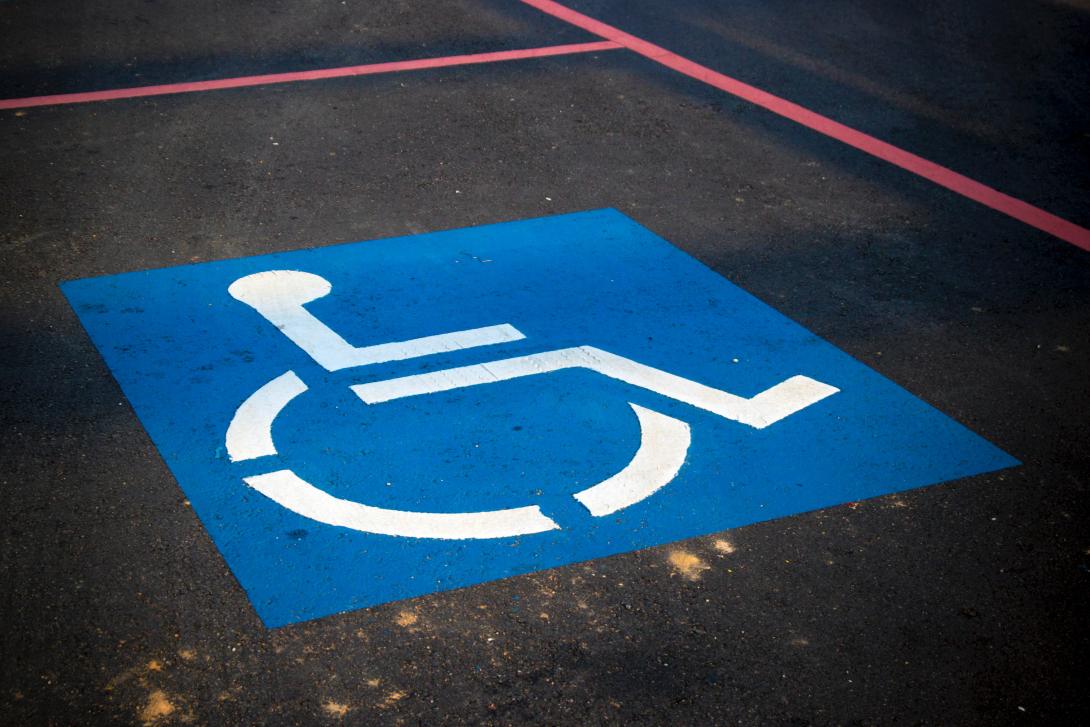Kelvin Reynolds, director of Corporate and Public Affairs for the British Parking Association, explains why fair for all, but not free for all may be the best solution to hospital parking
For years newspapers, politicians and campaigners have told us that paying for parking at hospitals is a tax on the sick. There have been many attempts to scrap healthcare parking charges in England including campaigns by MP’s, Private Members Bills, charities and of course trade unions. We absolutely understand why, but is it that simple?
Parking facilities at hospitals are usually oversubscribed and demand often outstrips supply. Free parking usually increases demand too. We have always encouraged hospitals to consider the outcome they wish to achieve when planning their parking provision to ensure it is managed for the benefit of everyone, whether they’re a patient, visitor or staff. Additional hospitals and their parking operators must work together to ensure parking is used properly by those it is intended for and not misused. This all costs money. Where does that come from?
The UK government announced recently that from April 2020 four groups of people will no longer be charged for parking in hospitals in England: disabled people; frequent out-patient attenders; parents of sick children staying overnight; and staff working night shifts.
We welcome this more measured approach by government for England, which is so much better than the free-for-all that has been created in Scotland and Wales, and we now sit on the Department of Health and Social Care Hospital Car Parking Programme Board to support them in developing the proposals. This Manifesto commitment is easy to say but more challenging to achieve, without many unintended consequences. Our aim is simple: to help the government devise and deliver a solution which helps to make hospital parking better for everyone.
We know when parking charges were abolished in hospitals in Scotland and Wales, patient accessibility didn’t improve; instead spaces were taken by commuters and staff to the detriment of visitors and patients. And where parking isn’t managed properly it spills onto yellow lines, grass verges and nearby residential streets. In some cases, bus companies refused to offer a service because they couldn’t get through.
The NHS has more special requirements and considerations than most organisations offering car parking facilities. Besides the obvious emergency services and A & E access, hospitals have the unenviable task of juggling the interests of patients and visitors with the needs of healthcare professionals, who understandably want convenient, safe and affordable parking when they come to work.
Keith Fowler, chair of the BPA Healthcare Special Interest Group, and head of facilities services at an English NHS Trust, said: “Parking is always at a premium. Staff parking is often a cause of anxiety with colleagues wishing to park on site and arrive at work, on time. Clinical services cannot be delayed, and patients must be ready at stated times for appointments. The juggling of priorities is therefore a skill the team responsible for parking must apply when deciding how best to manage parking at healthcare locations.”
Like most NHS medical services, some car parks may be free at the point of use but someone, somewhere is paying for their upkeep and maintenance. If they are patrolled to keep them safe someone is paying for that too. This so-called free parking is always paid for - by someone else. Additionally, is free parking fair on those who travel to hospital using public transport and continue to pay? Far from being a tax on the sick, it could be argued that free parking is a subsidy for the motorist…
It is imperative the proposal being developed by the government to implement its manifesto commitment of ‘free parking’ is well designed and easy to understand; each of the four key groups, namely, disabled people, parents sick children, frequent outpatients and night-shift staff, need to be well-defined in simple and straightforward language and clearly understood, to minimise confusion and ambiguity. People need to know whether they are included in the scheme of concessions or not, otherwise complaints and calls for clarity will outweigh any praise precipitating from this policy.
We should be learning from the experience of hospitals where some of these concessions already exit and good local implementation plans need to be devised by hospitals and their parking operators to provide solutions that meet local needs. And of course, paramount is a clear public awareness communicated at a national level across England and providing information on who qualifies and what the ‘offer’ is.
Additionally, today we strongly advise that all hospitals in England who are planning, or about to introduce new ways of controlling parking or new charges, to consider how they manage it for these four groups of people currently.
In a world focused rightly on climate change we also advocate that this ‘Free Parking’ strategy be considered as part of hospitals’ Sustainable Travel Plan. This will demonstrate a commitment to reducing congestion and pollution near hospitals and promote sustainable travel. The government has also said it will consider hospital car parking capacity across the country and how improved technology will reduce burdens for hospitals. This is a much bigger challenge especially as hospital trusts have been under pressure to release surplus land for much needed housing in recent years. Either way, we remain ready to aid and assist government to achieve an outcome that works for everyone. Fair for all, but not free for all.





